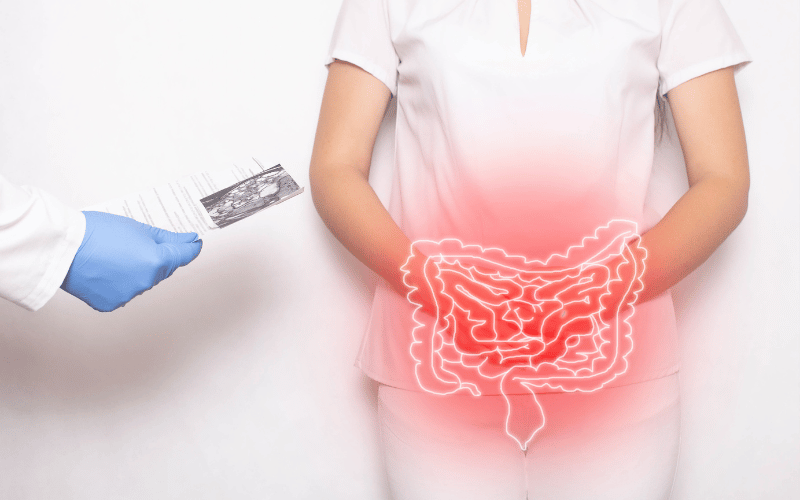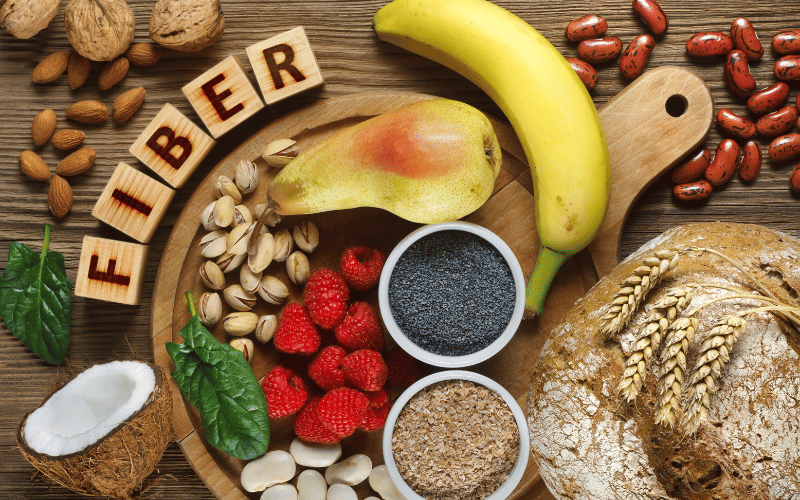Introduction: A Closer Look at Diverticulosis and its Home Remedies
Diverticulosis can often sound like a word you’d hear in a med school lecture, but it’s a condition that affects many, especially as they age. Essentially, it’s when small pouches, called diverticula, form in the walls of the colon. Often, these pouches don’t cause any problems. But when they do, the discomfort can be notable. Symptoms may range from mild bloating to severe abdominal pain, making it a condition that’s hard to ignore.

But why does one develop these pouches? While the exact reasons are still under research, a low-fiber diet and age are primary contributors. As we age, the walls of our colon can weaken, making it easier for these pouches to form. Combine this with a diet that doesn’t provide the gut enough roughage to work with, and you have a prime environment for diverticulosis.
Now, if you’ve been diagnosed with this condition, or even if you’re looking to prevent it, you might be asking, “What next?” The answer isn’t always in the form of a pill or a medical procedure. Sometimes, nature provides the solutions we need.
This brings us to the purpose of this article: To present ten natural, home remedies that have been either traditionally used or are backed by modern science to address the discomforts of diverticulosis and potentially prevent its occurrence. By the end, you’ll be equipped with tools and knowledge to tackle this condition head-on, without necessarily turning to conventional medicine at the first instance.
Remedy 1: High Fiber Diet – Nature’s Colon Cleaner

When one talks about a high-fiber diet, they’re essentially referring to the inclusion of foods that provide bulk to our meals. But what does this mean? This bulk not only provides a feeling of fullness but also acts as a cleaner, moving smoothly through the digestive tract. The first benefit of a high-fiber diet is its ability to prevent constipation, a frequent precursor to diverticulosis.
Whole grains, beans, fresh fruits, and green, leafy vegetables are the stars in this dietary approach. When these foods pass through the gut, they help facilitate smoother bowel movements. Think of them as nature’s little scrubbers, cleaning out the nooks and crannies of your colon. This action reduces the pressure exerted on the colon walls, thus diminishing the chance for diverticula to form.
However, our modern diet, replete with processed foods, often lacks these vital fibers. When neglected, not only does our digestion suffer, but our risk for numerous conditions, including diverticulosis, increases. But it’s not just about adding fiber; it’s about choosing the right kind. Soluble fiber, found in oats, beans, and fruits, forms a gel-like substance that aids digestion, while insoluble fiber, found in whole grains and vegetables, adds bulk to stools.
Supplements, such as psyllium husk, can also help. For those who might find it tough to meet their daily fiber requirements, these supplements can be a convenient alternative. But always remember, natural is the way to go whenever possible. The variety of fibers and additional nutrients found in whole foods can’t be matched by supplements. Embracing a high-fiber diet doesn’t just ward off diverticulosis. It’s a ticket to overall gut health, reducing the risks of various digestive ailments and setting the stage for holistic health. (1)